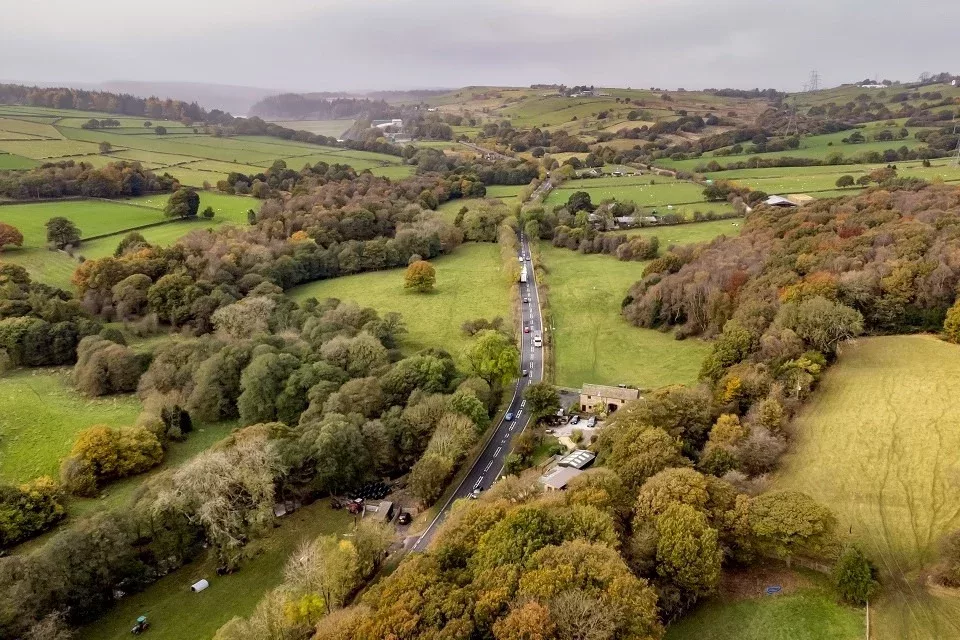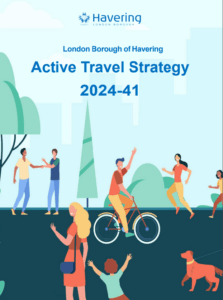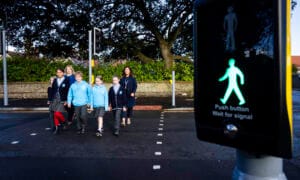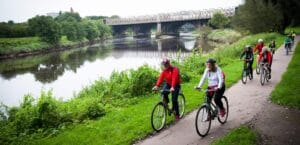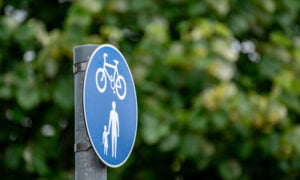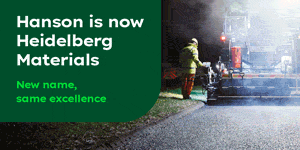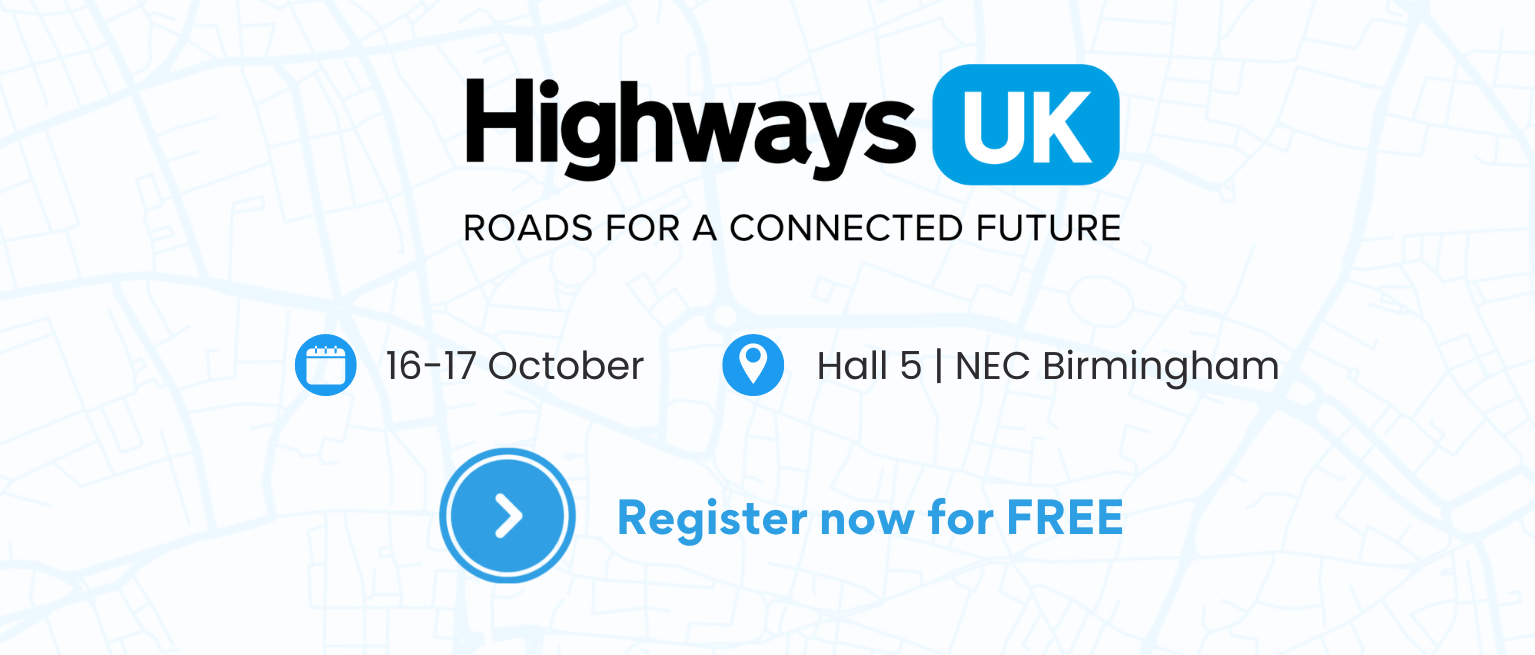The plan for transport in the South East should focus more on the climate emergency, with more emphasis on reducing traffic, improving public transport and investment in walking and cycling infrastructure.
In its response to the draft Strategic Investment Plan for the region, the council says the new plan does not reflect the need for urgent action to respond to the climate emergency.
It calls for safety to be more of a priority when considering new transport infrastructure, with more focus on active travel and public transport to reduce the need to travel by car.
The response supports the ambition to create world-class urban transport systems and vastly improve connections between places, for example by investing in rail services along the coast and into London, extending express bus services, providing good links between walking or cycling and public transport and combined ticketing to make journeys easy to book.
The draft Strategic Investment Plan outlines investment in transport infrastructure in the South East over the next 30 years. It will help secure funding for local improvements and reflects some local strategies and plans for Brighton & Hove and the Greater Brighton region.
Proposals that support the council’s strategic plans include new mobility hubs (transport interchanges) on the edge of the city, the reallocation of road space for sustainable travel and safety, and highways improvements to reduce conflict between local and longer distance traffic, for example on junctions with the A27.
Acting to reduce the effects of climate change is a pressing issue for Brighton & Hove, which declared a climate and biodiversity emergency in 2018. The city council is working to reduce carbon emissions ahead of national targets through its Carbon Neutral 2030 Programme and held a climate assembly on transport in 2020.
Air pollution remains a stubborn issue in Brighton & Hove and is a major contributor to 170 early deaths a year.
The council is working to ensure regional and national investment supports the city’s Carbon Neutral 2030 Programme. This is a practical programme of projects centred on reducing emissions, protecting nature and making changes towards being a net zero city that results in positive benefits for all.
Councillor Elaine Hills, Brighton & Hove’s representative on the Transport for the South East Partnership Board, said: “Through consultations like this we have an opportunity to influence policies that affect all of us and make our voices heard in national government.
“Whilst we agree with the vision of becoming a leading global region for net-zero carbon and sustainable growth, we are concerned that the focus on new road building will increase traffic and have a negative effect on the South Downs National Park.
“Our response sends a clear message that the plan should focus on the urgent need to respond to the climate emergency by reducing the number of petrol and diesel-fuelled vehicles on the road. This means investment in infrastructure for practical, low emission options so that people do not have to rely on car journeys, but have convenient, affordable and comfortable alternatives.
“We will continue to work with Transport for the South East to represent the city’s need for zero emission travel options by giving people positive choices for sustainable travel.”
To inspire and co-ordinate active travel initiatives and move away from road building, the council also recommends appointing an Active Travel Commissioner. Greater Manchester, for example, has paralympic cyclist Dame Sarah Storey as its commissioner.
Brighton & Hove’s Local Cycling and Walking Infrastructure Plan has a strong focus on active travel improvements, while the Bus Service Improvement Plan includes a number of actions to provide lower flat rate fares, lower single fares and lower daily price capping.
Sustainable travel and the recommendations of the city’s climate assembly are also supported in Brighton & Hove’s emerging Local Transport Plan
TfSe is a regional transport body covering Kent to Berkshire and Hampshire, including East and West Sussex, Brighton & Hove and the Solent.
It was established in 2017 to determine what transport infrastructure is needed to boost the region’s economy.
It is made up of 16 councils, five local enterprise partnerships, plus representatives of district and borough councils, protected landscapes and national transport agencies such as National Highways and Network Rail.
More information about Transport for the South East.
The Strategic Investment Plan provides a 30-year framework for investment in strategic transport infrastructure, services and regulatory interventions across the South East.
It proposes a total capital investment of £45 billion, with the transport interventions forecast to generate 21,000 new jobs and take four million car trips a day off the roads of the South East.
More information about the Strategic Investment Plan.
Read the council’s response to the consultation, which was discussed at the Environment, Transport & Sustainability Committee on 20 September (Agenda item 30) and watch a recording of the meeting.



